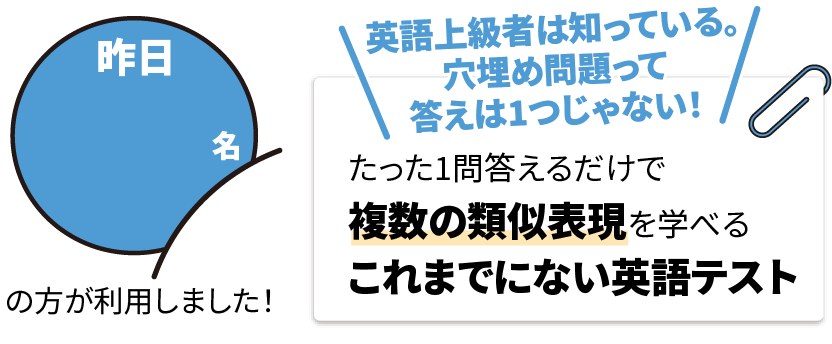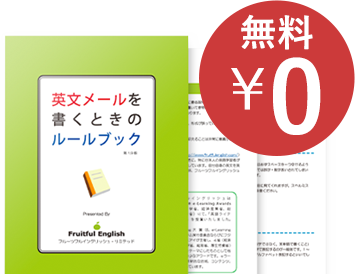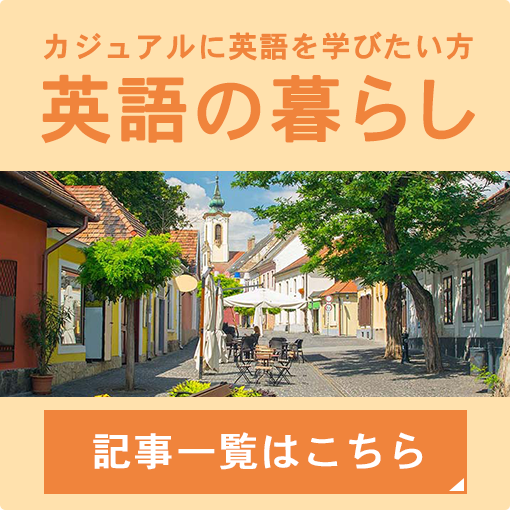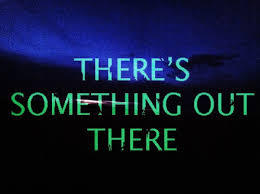Hello this is Simon,
There are somethings in the English language that seem simple and straightforward. To me the difference between countable and uncountable nouns was one of those things. Until the other day…
I was correcting an assignment and came across what I thought was a simple mistake. The student had written the word “garbages”. I was confident in the knowledge that “garbage” was an uncountable noun and couldn’t be written as a plural, so I corrected the error and thought nothing of it.
However, the student replied to my correction, and informed me that “garbage” was in fact a countable noun, according to their dictionary. I had my doubts but proceeded to look into it further…
Everything I checked (online English dictionaries/Japanese-English dictionaries, and online forums) supported what I thought, that “garbage” is an uncountable noun. I was just about to send a reply, then I decided to google “garbages” and low and behold, one of the results that appeared was:
“garbages” – garbage(ゴミの複数形)
This didn’t make sense. How can an uncountable noun have a plural form?
Uncountable Nouns
The definition of uncountable noun is:
“a noun that cannot form a plural or be used with the indefinite article”
It turns out this is not true. I’ll explain why:
The following words are listed as uncountable: food, money, sand, and garbage. They are uncountable because they are “mass nouns”. They indicate a mass of something, not an individual unit. If we want to count individual units of them, we use different nouns (e.g. one cake/three dollars), or we pair them with other nouns (e.g. a plate of food/a grain of sand/a pile of garbage). However, all these words actually do have plural forms (foods, monies, sands, and garbages). Although, the plural forms in a lot of cases have slightly different meanings.
Take these two sentences:
“There is a lot of food.” / “There are many foods.”
They are both grammatically correct, and at first glance would appear to have the same meaning. However, “a lot of food” means a large amount of food, whereas“many foods” implies many kinds of food (e.g. Thai food, Japanese food, Italian food / bread, fruit, meat, vegetables)
This is also the case with “monies” which means “amounts of money” and is used in financial contexts (e.g. Any monies received from this deal will be reinvested.) Also, “sands” which means “an extensive area of sand, especially at a seashore or in a desert” (e.g. the sands of the Kalahari) .
The plural form of these three uncountable nouns wasn’t unknown to me. I had heard them used and seen them in various sentences over the years. “Garbages” though, I had never heard or seen before, and when I googled “garbages meaning”, there was no definition listed in any of the main English dictionaries. However, when I googled “garbages” I got 282,000 results, so the plural form obviously does exist.
I also checked a few phrases:
“a lot of garbage” – 8,160,000 results
“a large amount of garbage” – 104,000,000 results
“many garbages” – 3,360 results
“numerous garbages” – 10 results
In Conclusion:
Uncountable nouns are another gray area in the English language, and there is contradicting information about them. In spite of that I think we can safely say the following:
-
Uncountable nouns cannot be counted as individual units.
-
To count them as individual units, use a different noun, or attach a countable noun.
-
Uncountable nouns can have a plural form, but the singular form is generally used.
-
The plural form often has a slightly different meaning, and its use is a lot more specific.
What should I do?
If you are unsure whether a noun is uncountable you can check it in an online dictionary. I use the Cambridge English Dictionary which identifies countable nouns with “C” and uncountable nouns with “U”. If a noun is uncountable I recommend using the singular form, because that is correct in most cases. If you think that the plural form may be applicable, or more correct for your expression, try googling your phrase (in quotations) and also similar phrases. If you find examples of it being used in a way that is similar to your expression, then the plural form is probably okay.
That’s all for now. I hope this is helpful.
See you next month!


Hello! My name is Simon.
I am from New Zealand, and have been living and teaching English in Japan since 1999.
My hobbies include movies, playing the guitar, gardening and hiking.
※このブログでは英語学習に役立つ情報アドバイスを提供していますが、本ブログで提供された情報及びアドバイスによって起きた問題に関しては一切、当方やライターに責任や義務は発生しません。
※ここでの情報や助言を参考に英文を書いたり下した判断は、すべて読者の責任において行ってください。ここに掲載されている記事内の主張等は、個人の見解であり当社の意見を代弁・代表するものではありません。







 (17 イイネ!が押されています)
(17 イイネ!が押されています)




























コメントする